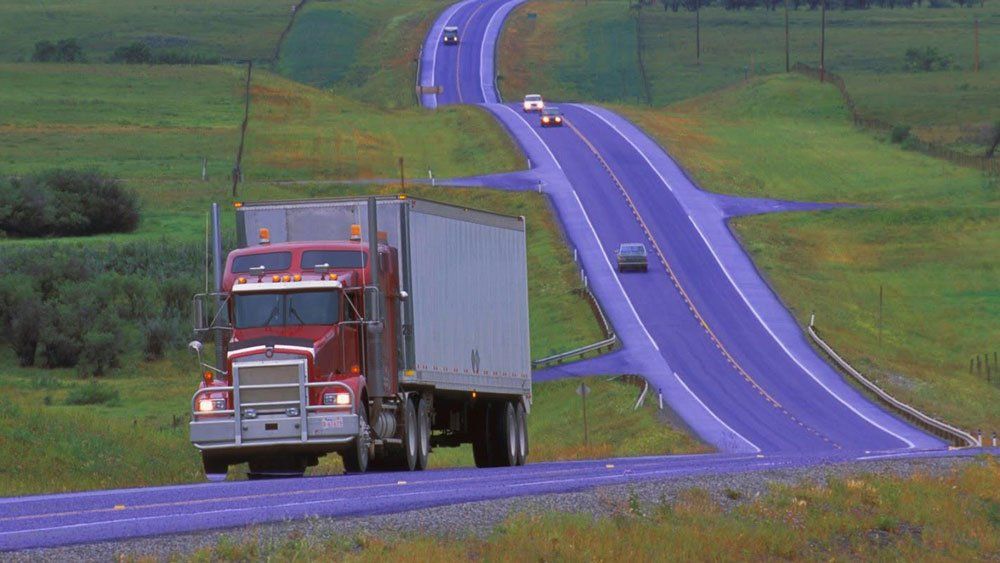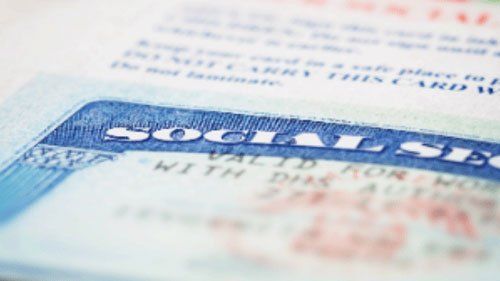Workers' Compensation for Out-of-State Injuries
Getting in an accident in a state other than where you normally work can complicate your workers' compensation claim. For one, workers' compensation laws vary by state. Secondly, the compensation comes from insurance companies, and insurance companies have different coverage for different areas.
Below are some factors that determine jurisdiction and compensation for out-of-state work injuries.
Injury Location
Most states will allow you to file your workers' compensation claim in their courts if you suffer an injury within their borders. That will be the case whether or not your employer agrees with you. Note that some employers discourage out-of-state filing and even include clauses to that effect in employment contracts. Fortunately, state laws supersede employment contracts.
Employment Contract Location
Some states allow you to file your claim in the state in which you signed your employment contract. Say you signed an employment contract in state A but work in state B. You may be able to file your claim in state A even if your workplace injury occurs in a different state. Your claim in state A may be valid even if your employer doesn't operate in the state.
Such scenarios are common with employers who hold recruitment fairs in different states. If you negotiate and sign for a job during those recruitment fairs, you may be able to file a claim in the state where the fair was even if you don't work or live in that state.
Employer's Base of Operations
The location of the employer's business also matters. You might be able to file a claim in the state where your employer has their base of operations, even if your injuries occurred elsewhere. The rationale is that the state hosting your employer's business has jurisdiction over the business, including the lawsuits it might face.
Reciprocity Laws
Some states have reciprocal agreements with other states that allow them to honor each other's workers' compensation claims. Reciprocity law entitles you to your home state's workers' compensation claim even if your injury and claim filing occur out of state.
Consider two states with a reciprocal agreement in place. Using the reciprocity laws, state A employees who suffer injuries in state B can file their claims in state B and receive the same benefits they would receive in state A. The same laws would apply to state B employees who suffer workplace injuries in state A.
Employer's Coverage
Your employer's workers' compensation insurance also determines how likely you are to receive your benefits. For example, workers' compensation insurance ordinarily applies where the business is domiciled. However, employers can extend their coverage to out-of-state injuries in two main ways.
The first option is for the employer to purchase extraterritorial coverage. The coverage applies to employees who occasionally travel out of state for temporary work. The second option is other state's coverage, which applies to employees who routinely travel out of state for work. The coverage allows you to file your claim in the home state irrespective of your injury's location.
Employee's Residence
Lastly, you may be able to file your workers' compensation claim in your state of residence even if the injury occurs elsewhere. Many states have laws that protect their residents. One way of enforcing these laws is to claim jurisdiction over legal battles involving the residents. So, if your injury occurs in state A but you live in state B, you can still file your claim in the latter state.
Workers' compensation claims can be complicated, especially claims that involve multiple jurisdictions. Contact Todd East Attorney at Law to analyze your injury and the applicable laws. We will then help you determine where to file your claim for maximum recovery.













